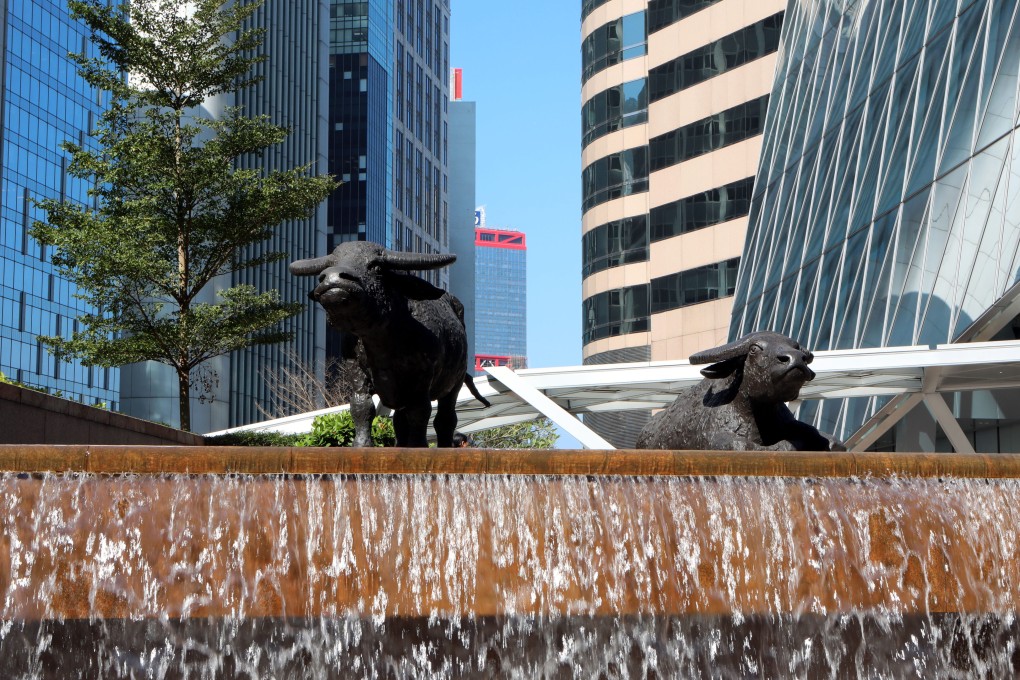Hong Kong stocks surge by most in 4 weeks as mainland China funds ramp up buying before Fed policy meeting
- Hang Seng Index’s relative-strength indicator suggests the recent stock sell-off was overdone, and market may be poised for a turnaround
- Mainland funds bought HK$7.4 billion of Hong Kong-listed stocks on Tuesday the most since June, adding to HK$28.1 billion of net purchases last week

The Hang Seng Index jumped 5.2 per cent to 15,455.27 at the close of Tuesday trading, the biggest advance since October 5 to climb out from a 13-year low. The Tech Index surged 7.8 per cent while the Shanghai Composite Index added 2.6 per cent.
Alibaba Group jumped 7.6 per cent to HK$66.10, Tencent soared 10.6 per cent to HK$227.40, and Meituan soared 11.9 per cent to HK$139.60. BYD gained 4.5 per cent to HK$183.60, while the trio of electric-vehicle makers, Nio, Li Auto and Xpeng, added 5.9 to 9.2 per cent.
Mainland funds bought HK$7.4 billion (US$986.1 million) worth of Hong Kong-listed stocks on Tuesday, the most since June 30, according to Stock Connect data. They added HK$28.1 billion of net purchases last week, the biggest weekly inflow in the past year, according to Goldman Sachs.